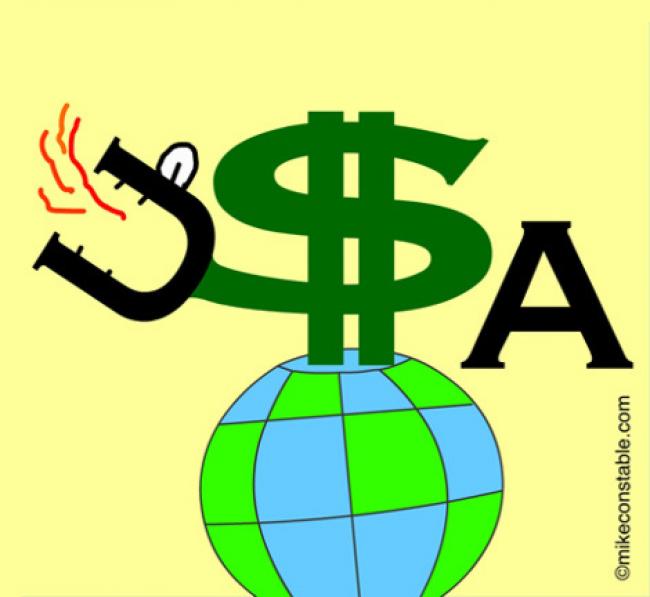Articles Menu

Continuously declaring that a decisive crisis is around the corner may generate attention, but as an organizing tactic it is counterproductive. An economic crisis may scare people and bring out their most conservative instincts. It may lower expectations and make people long for the pre-crisis period (no matter how much they had previously criticized it), desperately hoping to just fix, not transform or even significantly modify capitalism. We cannot depend on crises to do our political work for us. If we think that capitalism is a system that blocks human progress then the challenge is to convince people that capitalism is the problem even when it is working at its best.
. . . In terms of the impact of historical defeats, it's worth noting that in the wake of the 1848 revolutions Marx's emphasis on changing the world and not just interpreting it underwent a reversal. Marx was too optimistic about the potential of 1848, and those disappointments led him to return to the importance of understanding the world as a condition for changing it. This search for a historical materialist understanding dominated the rest of his life. In light of our own defeats, it is likewise crucial for us to learn more deeply about the nature of the world we confront. The following observations are meant to further such a process of reflection and discussion.. . .
. . . A related tendency is that of environmental catastrophism. To be sure, the climate crisis must be decisively confronted. But declarations that the end of the planet is only decades away if capitalism isn't radically changed now may just reinforce a sense that we are doomed and can't really do anything about it. Or, given the lack of options, it might even encourage people to jump aboard illusory market-based “solutions” that are presented as more immediate, more practical, and less risky.
It would seem much more useful, in terms of building the capacity to address the environmental crisis, to frame the issue of the environment as linked to a broader struggle that includes the redistribution of income and wealth to more equitably share the costs of environmental restraint; a cultural shift in the balance between individual consumption of goods and collective services; the development of public spaces and desperately needed infrastructural renewal (including mass transit); and the conversion of potentially productive facilities rejected by the market to the production of socially useful and environmentally necessary products and services. Such a framing would also tie the environmental crisis to the obvious need to place democratic planning on the agenda and go so far as to start talking about making private banks into public utilities so that we have access to the financial resources to carry out the above initiatives.